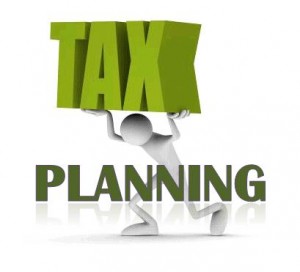
Have you ever said to yourself “If I could just make more money, then my financial problems would go away”? Or, “I’d sure be happier if my annual income increased”.
If so, you’re not alone. In fact, these are thoughts people often continue repeating throughout their lifetime.
However, most of these people are able to reference a time in their lives when they received a pay raise or had a great income year in business, yet they’re still recapping those same wishful thoughts.
It’s common in our society to think pay raises will immediately improve our financial issues, when in reality pay raises usually only end up creating bigger money problems.
This is because without an action plan for how an increase in pay will be handled, it has been proven time and time again that the extra money will be spent in ways that don’t improve one’s finances.
In fact, raises are more likely to be spent on things that immediately make people feel good, often hurting their finances. Besides, don’t we deserve a treat for all our hard work?!
We’re not saying you shouldn’t enjoy life or reward yourself for this pay raise. By all means, celebrate! But it’s prudent to think about the consequences before spending.
Here are a couple examples of how poor planning after a pay raise can actually get you in more trouble than if you never got the raise:
1) You get a $5,000 pay raise and immediately book a one-week trip to Hawaii for your family of four. The plane tickets and hotel cost you $4,000. Then food and entertainment costs you another $1,500 for a total trip cost of $5,500. You have overspent your raise by $500 right? Not so fast. In your excitement, you forgot the $5,000 pay raise is taxable income. So it really amounts to $3,500 after taxes, which means the $5,000 pay raise ended up putting you $2,000 in debt! ($3,500 net income after taxes, minus $5,500 you spent on the trip)
2) You get a $10,000 pay raise. Suddenly your 5-year old car that was perfectly reliable last week, no longer works for you. With your new higher status, you must “look the part” and drive a nicer car. So you go out and buy a new $35,000 car. This move just cost you 3.5 years of that increased pay, right? Wrong! Remember, the $10,000 pay raise is more like $7,000 after taxes. So this new car purchase just ate up five years of your increased pay. Ouch!
So how do you avoid this from happening to you? It’s simple. Have a plan!
The next time you get a bump in pay, make it a rule that you’ll also boost your retirement contributions. Or decide in advance that you’ll use that pay increase to get rid of your debt.
The key is to have goals for your finances. Establish in advance what your next money moves will be for those windfalls of cash!
What did you do with your last pay raise? Looking back, what would you do differently?











